
A Hove restaurant and bar has lost its licence to sell alcohol after a violent incident started on the premises and traces of drugs were found in the toilets there.
A council licensing panel said that it was revoking the licence for Pascal’s Bistro Bar, in Queen’s Place, Second Avenue, Hove, after hearing “overwhelming” evidence about the problems.
The panel was also told about persistent breaches of covid regulations and the conditions attached to the premises licence.
Bar owner Said Pascal Madjoudj, 51, who is known as Pascal, has 21 days to appeal against the decision. Any appeal would be heard in the magistrates’ court.
The decision to revoke the premises licence followed a review held by a Brighton and Hove City Council licensing panel last month.
Mr Madjoudj, who has run the venue since 2007 under a number of names including La Fourchette, told the panel that it had been a mistake to change the restaurant into a bar two years ago.
The licensing panel, made up of three councillors, gave three reasons for revoking the drinks licence – the violence in May, the drug-taking and the breaches of other licensing rules.
The panel was told that a customer suffered life-changing injuries in the early hours of Saturday 22 May after a fracas started inside the premises.
Those involved were thrown out and some of them went across the road to another venue, Libation, where they carried on drinking.
One of the men involved in the original fracas, Aftab Miah, spotted them and, without provocation, attacked one of the men drinking outside Libation, 24-year-old Kit Bruce, knocking him unconscious.
Miah, 36, of Sherbourne Close, Hangleton, was jailed for 21 months after Hove Crown Court was told that Mr Bruce had suffered life-changing injuries as a result of the attack.
The panel was also told that swab tests found drug traces on three separate occasions that indicated bulk quantities of cocaine were being taken in the venue’s toilets.
And a 220-page report set out a catalogue of failings including persistent breaches of the coronavirus rules, as well noise disturbance, hygiene and health and safety concerns.
Customers and staff were not wearing masks when they were required to, the panel was told, and no track and trace system was in operation.
Councillors said that little to no progress had been made in addressing the issues despite warnings and interventions from Sussex Police and the council’s licensing department and food safety team.
In the panel’s decision letter, the councillors said:
“The evidence of drug use, breaches of licence and covid measures, violence and intoxication and a general failure to manage the premises was overwhelming.
“Despite considerable intervention and warnings on the part of the police and responsible authorities, little or no action was taken until the review was brought.
“The panel and other parties were able to question the licence holder and his representative.
“Overall, the panel considers that the licence holder had a regrettable tendency to shift responsibility on to others for the failures in management at the premises and was reluctant to accept full responsibility himself.
“With so many warnings and interventions, the panel considers he should have acted sooner and taken responsibility for what were serious problems at the premises.
“As an experienced licensee, he should have been aware of the importance of licence conditions and the licensing objectives.
“Instead, there was plainly a lack of awareness on his part of the gravity of the situation.
“The panel did not find his responses to questions very credible or convincing and does not have confidence in his knowledge of or ability to promote the licensing objectives even within the context of a restaurant licence.”
At the panel hearing, Mr Madjoudj’s solicitor Lucinda Dore said that drug issues at the venue had been “eradicated” and her client wanted to turn the business around.
Mr Madjoudj was the premises licence holder and designated premises supervisor, meaning that he had day-to-day responsibility for alcohol sales at the bistro.
He said that changing the concept from a restaurant to a bar was the main problem because it had attracted different customers.
But the licensing panel took a different view, ruling that the main problem was the poor management of the premises.

 PHOTOS: Ed Sheeran Makes Surprise Visit To Brighton School
PHOTOS: Ed Sheeran Makes Surprise Visit To Brighton School
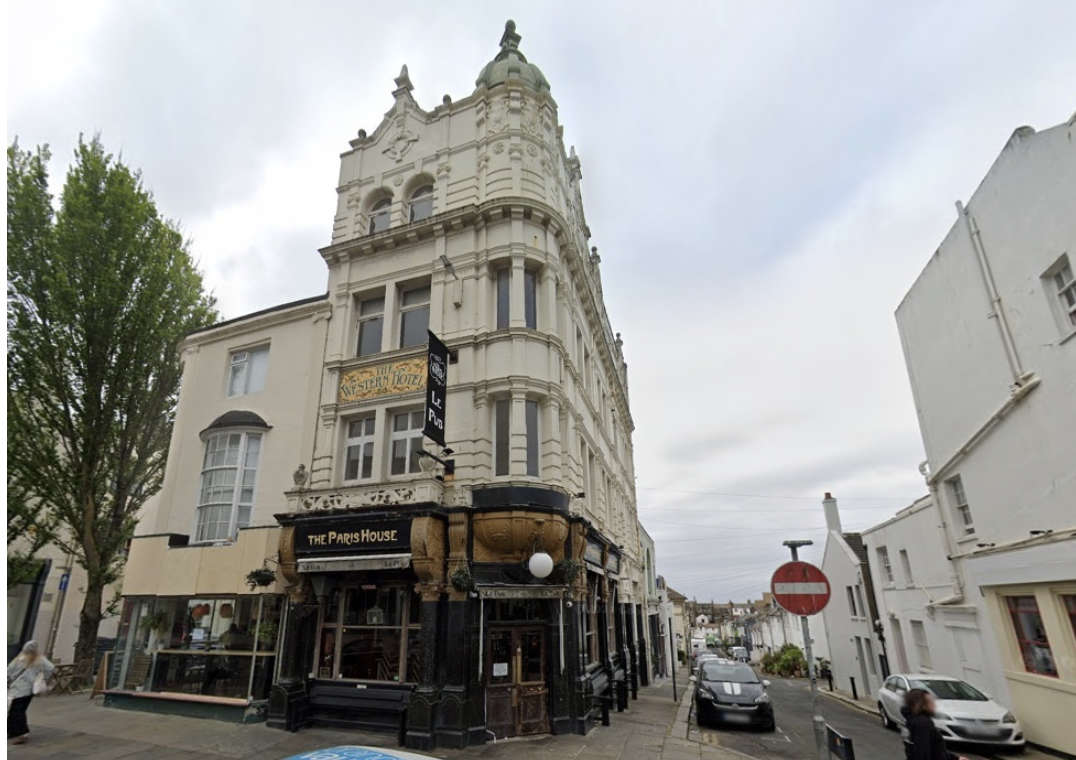 Hove Bar Licence Reviewed After Years Of Complaints
Hove Bar Licence Reviewed After Years Of Complaints
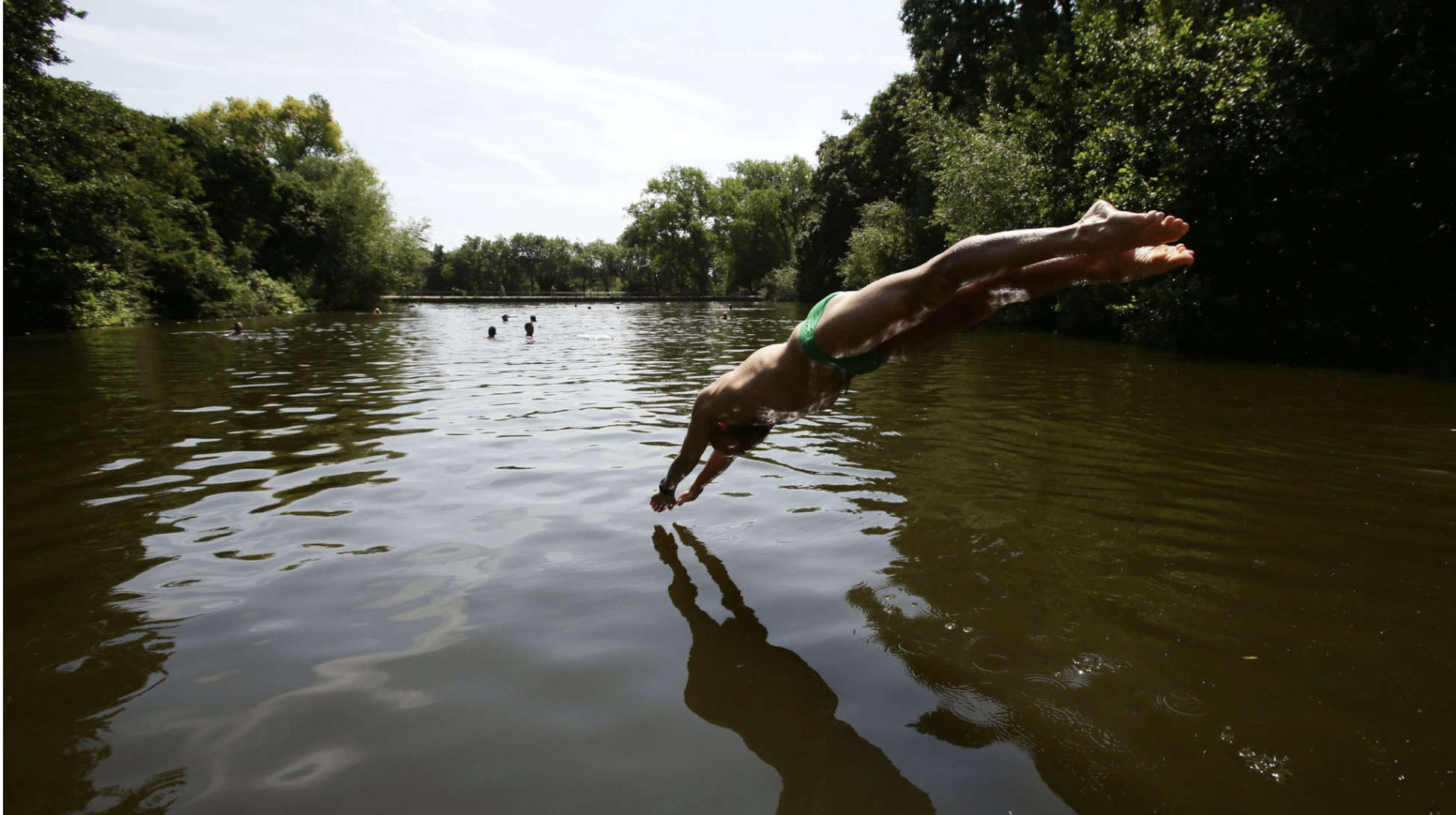 Record Number Of Wild Swimming Spots Designated As Bathing Sites - With Three More In Sussex
Record Number Of Wild Swimming Spots Designated As Bathing Sites - With Three More In Sussex
 Council Calls On West Sussex Residents To Consider Fostering
Council Calls On West Sussex Residents To Consider Fostering
 Meghan, Duchess Of Sussex, Says Nigeria Is 'My Country' On Visit With Prince Harry
Meghan, Duchess Of Sussex, Says Nigeria Is 'My Country' On Visit With Prince Harry
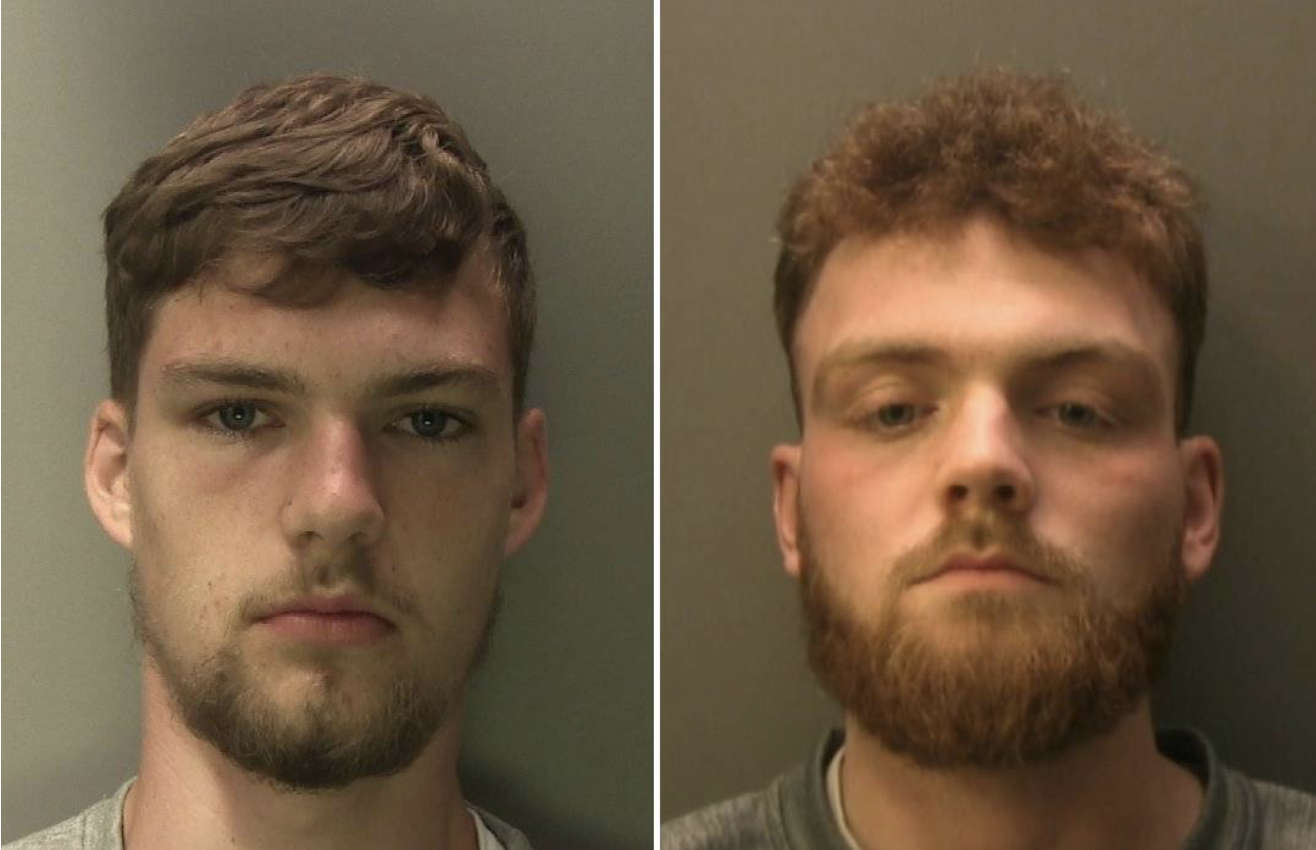 Two Men Wanted In Connection With Hastings Fatal Collision
Two Men Wanted In Connection With Hastings Fatal Collision
 M25 Reopens Seven Hours Ahead Of Schedule
M25 Reopens Seven Hours Ahead Of Schedule
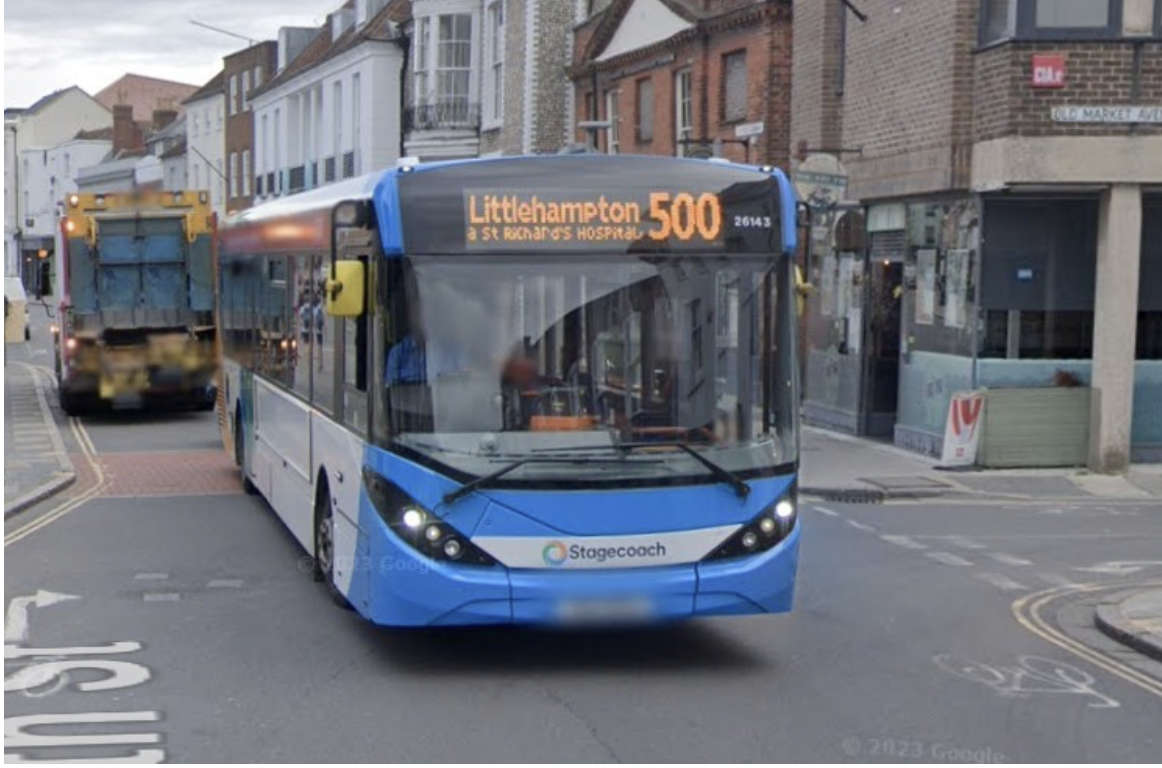 More 'Live' Bus Information Screens To Be Installed In West Sussex
More 'Live' Bus Information Screens To Be Installed In West Sussex
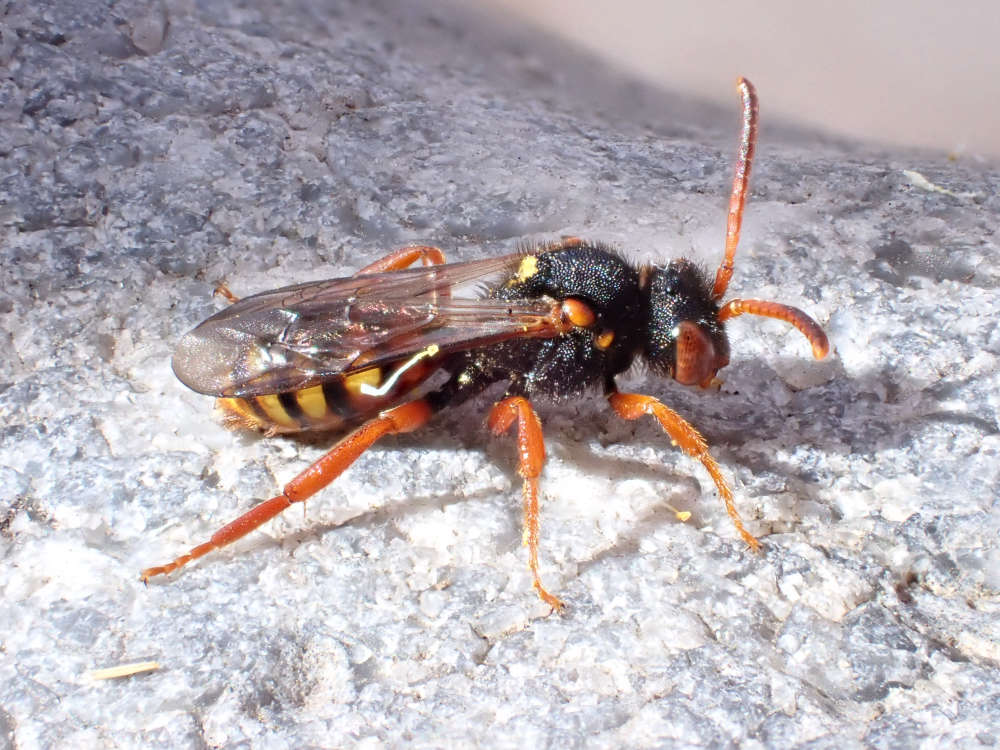 Rare Bee Found In Lewes
Rare Bee Found In Lewes
 Event Bookings Go Live For Worthing Festival ‘24
Event Bookings Go Live For Worthing Festival ‘24